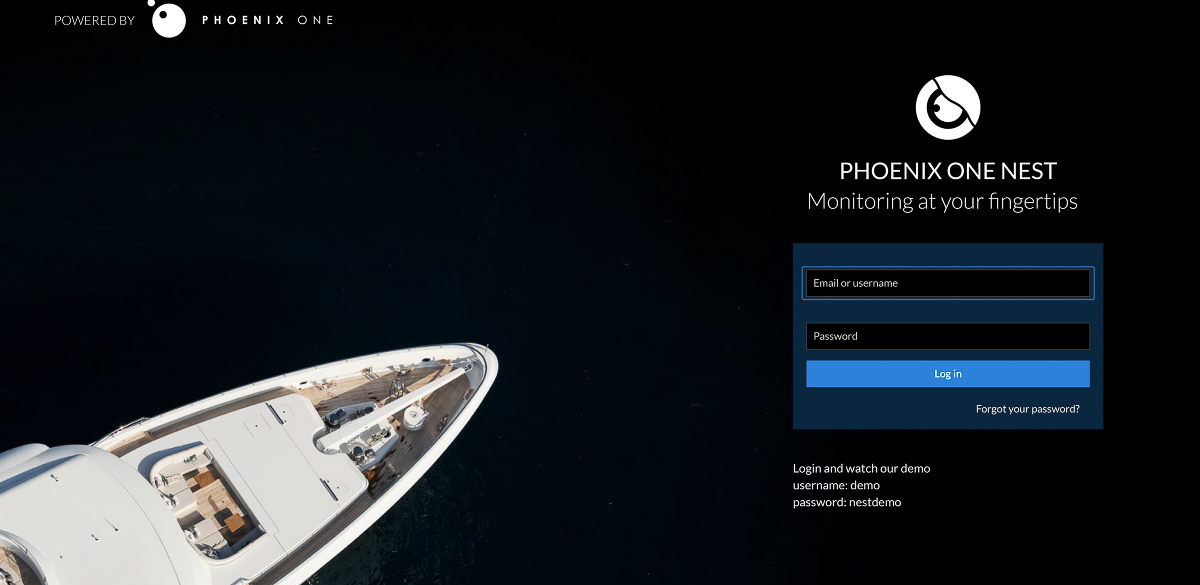Lithium batteries are rapidly replacing traditional lead-acid options on yachts, and for good reason. As the pace of technological advancement accelerates, many are now embracing lithium batteries for their superior energy density, longer lifespan, and enhanced performance. Scepticism towards new technologies often fades as people become more informed, and today, the advantages of lithium-based batteries are undeniable.
Leading the charge in this transformation is Phoenix One, offering a comprehensive, custom-tailored energy solution for yachts. Their silent, eco-friendly, and highly efficient systems are revolutionizing yacht power management. In this article, we’ll explore how Phoenix One is driving this shift towards lithium technology and why their use of LFP (LiFePO4) batteries sets them apart.
Why LFP batteries are the standard
Lithium-ion batteries come in several forms, such as NMC, LFP, and lithium-titanium. Phoenix One specializes in LiFePO4 (LFP) technology, which has become the preferred choice for reliable and efficient energy storage on yachts. Below, we’ll dive into the top 10 reasons why LFP batteries are the gold standard for modern yachts.
Maximizing space and power: high energy density
LFP batteries offer significantly higher energy density compared to traditional options. They can store up to 200kWh of energy in just 1 m³, a game-changing solution for yachts where space is limited. Over the past five years, these batteries have increased their density by 60%, revolutionizing how energy is stored and used onboard.
Lifespan and sustainability: longevity redefined
LFP batteries far outlast their lead-acid counterparts, with a lifespan of at least eight years under full-cycle conditions. Lead-acid batteries often need replacement every two to three years, but LFP batteries can endure 3,000 cycles before their total capacity decreases to 80%. This long-term durability translates into fewer replacements and a more sustainable power solution.
Fast charging: swift rejuvenation for efficiency
Thanks to their low internal resistance, LFP batteries charge faster than lead-acid batteries. This efficiency reduces generator run-time and minimizes wear and tear. Electric propulsion systems, for example, can be charged from a dock in just one to six hours, depending on yacht size and dock power capacity.
Handling high discharge rates: power on demand
Whether running air conditioning, galley equipment, or hydraulics, LFP batteries excel in delivering bursts of power. A single 50kg LFP battery can consistently supply over 7 kWh of energy, with peaks of 12-14 kW of power. This ensures reliable performance, especially during high-demand operations.
Enhanced discharge capabilities: deeper depths
Unlike lead-acid batteries, which can be damaged by deep discharges, LFP batteries are designed to handle an 80% Depth of Discharge (DoD) without sacrificing performance. With 3,000 cycles at this DoD, they offer over eight years of reliable service, even when used intensively. They can also safely discharge to as low as 10% without risk of damage.
Weight reduction: lightness personified
The lightweight nature of LFP batteries can significantly reduce the overall weight of your yacht. While this may not be crucial for all vessels, it is especially valuable for high-performance yachts and those participating in regattas. Additionally, the modular design of LFP systems ensures balanced weight distribution throughout the yacht.
Minimal maintenance: hassle-free operation
LFP batteries require very little maintenance compared to traditional batteries. Simple visual inspections, annual torque and cable checks are typically all needed. Phoenix One also offers NEST, an innovative cloud-based monitoring system that provides real-time and historical performance data, allowing for proactive adjustments to optimize efficiency. Explore the NEST demo. PUT QR CODE ‘nestQR’
Built-in protection: safety first
Safety is a top priority for LFP batteries, which are chemically resistant to thermal runaway and equipped with numerous safety features like overcharge protection and over-current safeguards. To further enhance safety, robust onboard monitoring systems are essential. Phoenix One can help you upgrade your monitoring & control systems to ensure the highest levels of security.
Cost efficiency: a smart investment
While the upfront cost of LFP batteries may be higher, their extended lifespan, superior performance, and reduced maintenance make them a cost-effective choice in the long run. LFP batteries can power not only service banks but also entire onboard systems, minimizing generator usage and enhancing overall comfort and reliability.
Sustainability: green credentials
LFP batteries are an environmentally friendly choice, free from toxic materials like lead and sulphuric acid. Their recyclability further reduces their environmental impact. While large-scale recycling programs for LFP batteries are still developing, the extended lifespan of these batteries means that fewer replacements are needed, resulting in less waste compared to lead-acid alternatives.
Conclusion
Phoenix One is committed to driving the future of sustainable yachting through the integration of LFP batteries. Their expert design and integration services ensure a seamless transition to this advanced technology, tailored to meet the unique needs of each yacht.
By adopting LFP battery technology, yacht owners can look forward to a future of superior performance, enhanced reliability, and environmental responsibility. Contact Phoenix One today to begin your journey toward a more efficient and sustainable yachting experience.
Contact us: sales@phoenixone.com
https://nest.phoenixone.com/#/login
























0 Comments